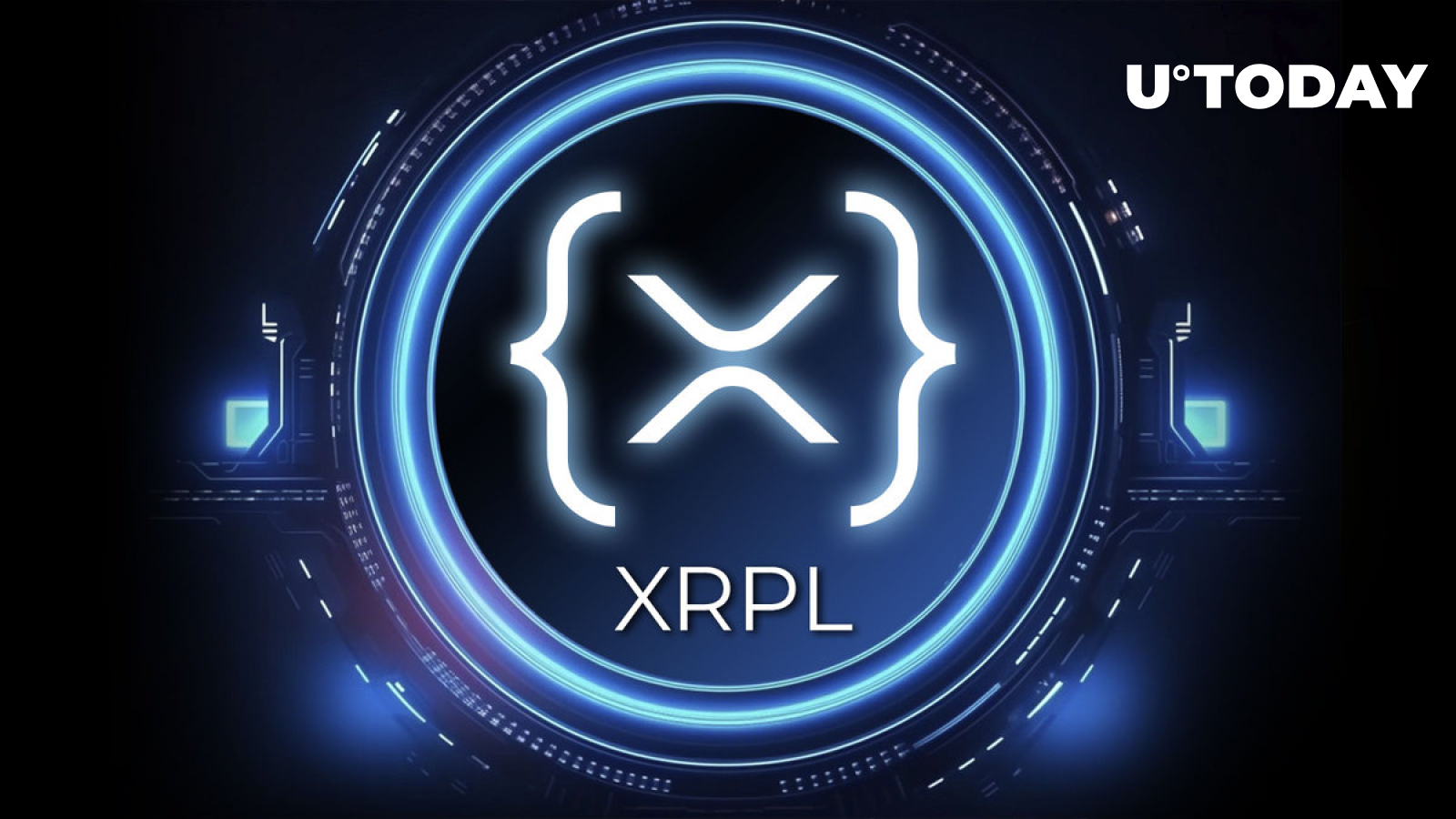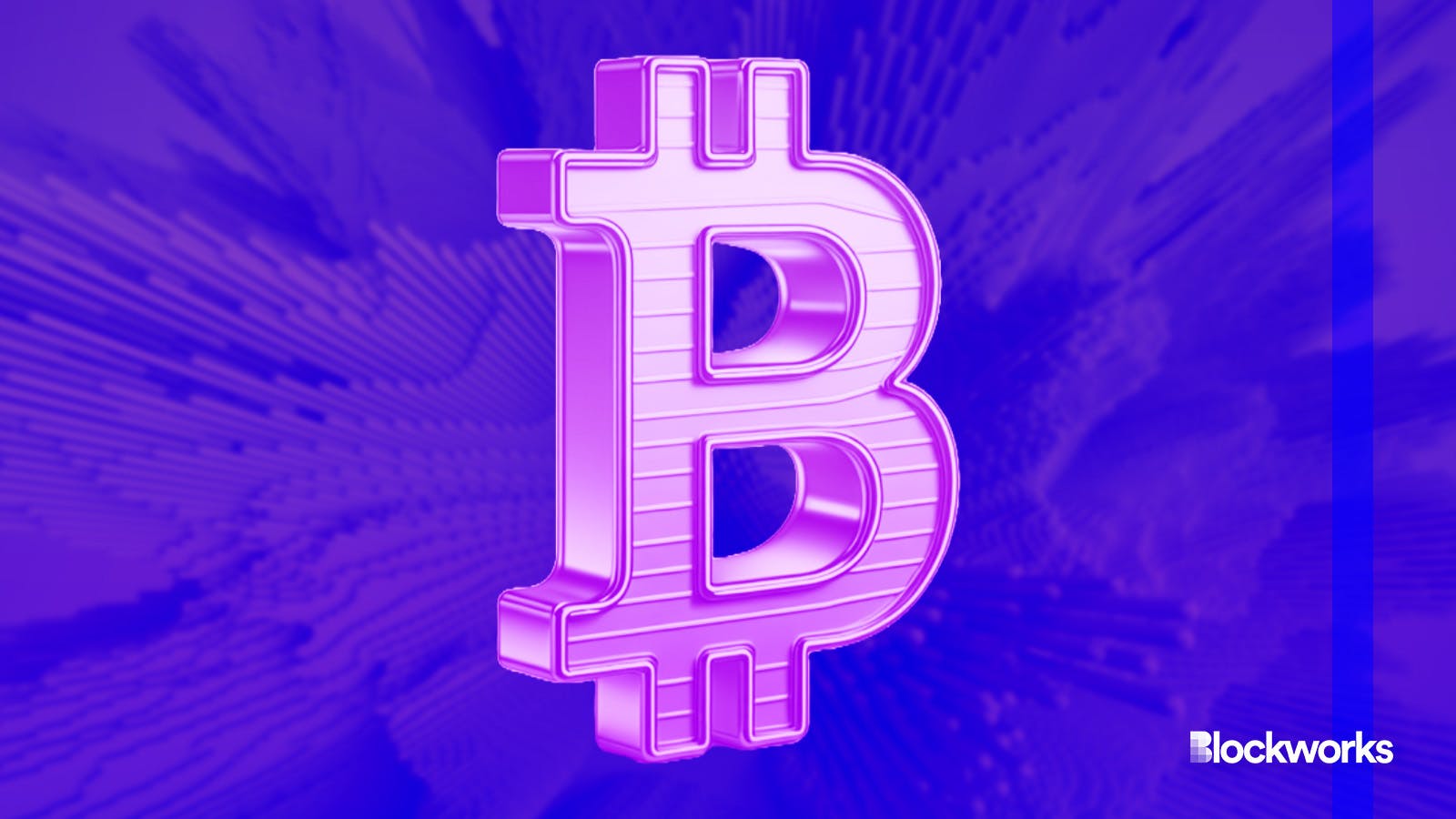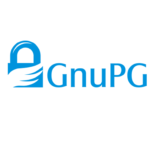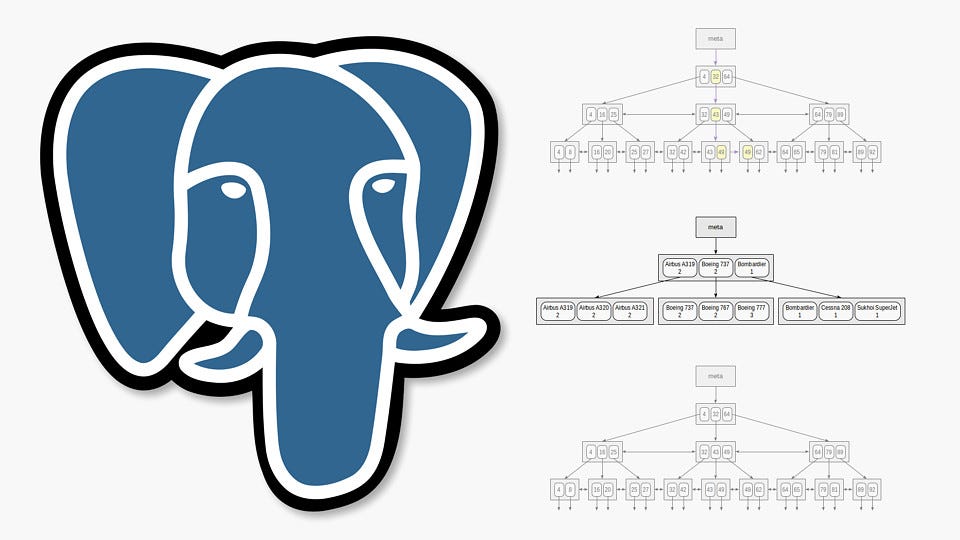Unlocking the Future of Banking with Programmable Payments
The post Unlocking the Future of Banking with Programmable Payments appeared on BitcoinEthereumNews.com. The financial landscape is on the brink of a transformative change with the advent of programmable payments powered by Overledger and Quant’s Real Time Tokenisation (RTT) solution. This innovative approach allows organizations to tokenize their deposits, introducing a new level of programmability to money that is set to redefine mainstream banking. The Need for Change in Traditional Banking Traditional banking transactions are typically straightforward and involve a variety of complex systems and intermediaries. This not only adds to the costs but also reduces transparency and efficiency. The current system lacks sufficient automation capabilities, which can lead to inefficiencies and increased operational costs. How Tokenization and Programmability Introduce Efficiency Quant’s RTT solution leverages Overledger technology to transform the way payments are processed in the banking sector. By tokenizing balances, Quant creates digital currencies that have payment programmability at their core. This means that money can now be programmed to perform specific actions automatically under certain conditions, which is a significant leap from the traditional transaction methods. Benefits Across the Board For Business Leaders: The introduction of tokenization and programmability not only simplifies transactions but also significantly cuts costs by enhancing the efficiencies provided by blockchain technology. For Financial Institutions: Programmable payments can drive innovation within financial services. By integrating with open banking APIs, these institutions can offer their clients sophisticated solutions that require minimal effort for integration and execution. For Regulatory Bodies: The transparency and traceability of digital currencies ensure that regulatory bodies can better prevent fraud and monitor financial activities more effectively. Technology Driving Innovation Quant RTT operates on the foundation of Overledger technology, which allows it to interconnect different blockchain networks. This capability ensures that payments can be seamlessly processed across various platforms without the need for intermediaries, thereby reducing layers of complexity and associated costs. Smart contracts play…

The post Unlocking the Future of Banking with Programmable Payments appeared on BitcoinEthereumNews.com.
The financial landscape is on the brink of a transformative change with the advent of programmable payments powered by Overledger and Quant’s Real Time Tokenisation (RTT) solution. This innovative approach allows organizations to tokenize their deposits, introducing a new level of programmability to money that is set to redefine mainstream banking. The Need for Change in Traditional Banking Traditional banking transactions are typically straightforward and involve a variety of complex systems and intermediaries. This not only adds to the costs but also reduces transparency and efficiency. The current system lacks sufficient automation capabilities, which can lead to inefficiencies and increased operational costs. How Tokenization and Programmability Introduce Efficiency Quant’s RTT solution leverages Overledger technology to transform the way payments are processed in the banking sector. By tokenizing balances, Quant creates digital currencies that have payment programmability at their core. This means that money can now be programmed to perform specific actions automatically under certain conditions, which is a significant leap from the traditional transaction methods. Benefits Across the Board For Business Leaders: The introduction of tokenization and programmability not only simplifies transactions but also significantly cuts costs by enhancing the efficiencies provided by blockchain technology. For Financial Institutions: Programmable payments can drive innovation within financial services. By integrating with open banking APIs, these institutions can offer their clients sophisticated solutions that require minimal effort for integration and execution. For Regulatory Bodies: The transparency and traceability of digital currencies ensure that regulatory bodies can better prevent fraud and monitor financial activities more effectively. Technology Driving Innovation Quant RTT operates on the foundation of Overledger technology, which allows it to interconnect different blockchain networks. This capability ensures that payments can be seamlessly processed across various platforms without the need for intermediaries, thereby reducing layers of complexity and associated costs. Smart contracts play…
What's Your Reaction?













































































